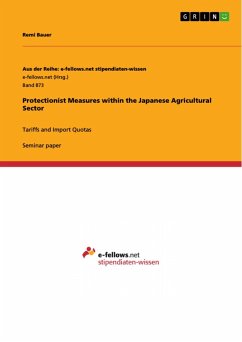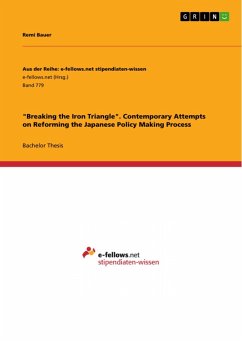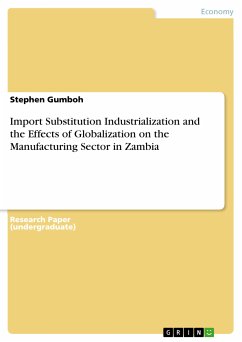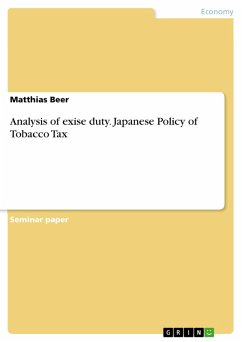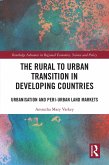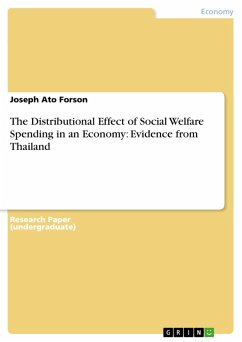Seminar paper from the year 2009 in the subject Economics - Case Scenarios, grade: 1,3, Cologne Business School Köln, language: English, abstract: In its latest White Paper on International Economy and Trade 2009, the Japanese Ministry of Economy, Trade and Industry listed prevention of protectionism as one of its courses for "Domestic and foreign integrated economic measures" (Ministry of Economy, Trade and Industry 2009). With 153 member states in the World Trade Organization, formerly known as General Agreement on Tariffs and Trade, which is a multilateral institution that liberalizes trade, establishes trade agreements and solves trade disputes, one might think that protectionism should not be a problem in the 21st century (Gabler Verlag 2009b). Japan joined the General Agreement on Tariffs and Trade in 1955 and is still a member of the World Trade Organization today. However, the government of this nation still feels the necessity to state deterrence of protectionist measures in a paper which was only published in June 2009 (World Trade Organization 2009a). Thus, the question arises how important is protectionism for Japan nowadays. This question will be answered by explaining protectionist measures and looking at the historical development of such measures in Japan since 1945 in the agricultural sector. The agricultural sector is interesting since Japan's agricultural imports accounted to over $50 billion in 2008. After the United States of America and the European Union, Japan is the third largest importer of agricultural goods. Based on total calories consumed, Japan imports about 60 per cent of its food sources annually (United States Department of Agriculture Economic Research Service 2009a). By evaluating official government sources, the current situation is assessed and the effects of protectionist measures on imports by focusing on the agricultural sector will be elaborated.
Dieser Download kann aus rechtlichen Gründen nur mit Rechnungsadresse in A, B, BG, CY, CZ, D, DK, EW, E, FIN, F, GR, HR, H, IRL, I, LT, L, LR, M, NL, PL, P, R, S, SLO, SK ausgeliefert werden.

